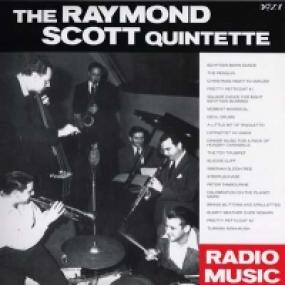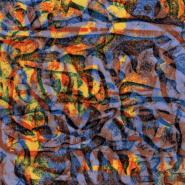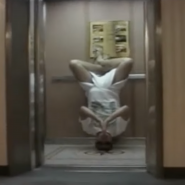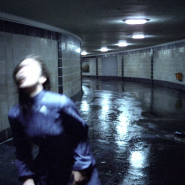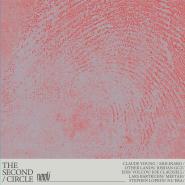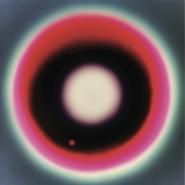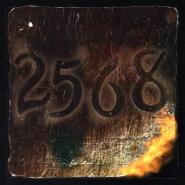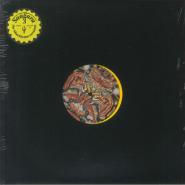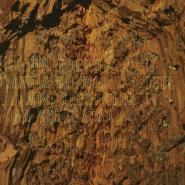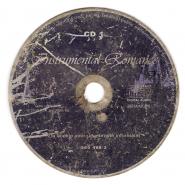RADIO MUSIC by RAYMOND SCOTT QUINTETTE
| SKU | 65868 |
| Artist | RAYMOND SCOTT QUINTETTE |
| Title | RADIO MUSIC |
| Label | DOXY |
| Catalog # | DOX 827LP |
| Tag | |
| Release | W 27 - 2012 |
| Format | Vinyl - EULP |
| € 26,50 | incl. VAT, excl. shipping |
Tracks
- Egyptian Barn Dance
- The Penguin
- Christmas Night In Harlem
- Pretty Petticoat #1
- Square Dance For Eight Egyptian Mummies
- Moment Whimsical
- Devil Drums
- A Little Bit Of Rigoletto
- Hypnotist In Hawaii
- Dinner Music FOr A Pack Of Hungry Cannibals
- The Toy Trumpet
- Suicide Cliff
- Siberian Sleigh Ride
- Steeplechase
- Peter Tambourine
- Celebration On The Planet Mars
- Brass Buttons And Epaulettes
- Bumpy Weather Over Newark
- Pretty Petticoat
- Turkish Mish-Mush
Description
A major American composer, electronic music pioneer, and all-around fascinating figure in the American musical panorama, the Brooklyn-born Raymond Scott (1908-1994) is perhaps most widely known because his music was widely used as the background music for many a Warner Bros. cartoon. He, however, was also a hugely successful pop artist, and during the late 1930s his albums sold in the millions of copies, despite criticism from jazz and classical music purists who did not understand Scott's brand of musical fusion and chose to write it off as 'novelty music'.He formed his 'quintette' in 1936 and the group recorded for Irving Mills' legendary Master Records a kind of Swing music dubbed 'descriptive jazz' by Scott. He gave his compositions unusual titles like 'Square Dance for Eight Egyptian Mummies', 'Dinner Music For A Pack of Hungry Cannibals', and 'Hypnotist in Hawaii'. Scott's maverick approach to music and musical theory (he did not believe in writing anything down) followed him into the board room (he made history in 1942 by being the first man in radio to hire black musicians) and the control room as well where he began to 'design and manufacture electronic music devices and systems' including new electronic instruments like the 'Clavivox' and the 'Electronium'. Scott used his new technology to record commercials for TV and radio using entirely electronic music. He also foresaw a future where everyday sounds (like the telephone ringer, and the beep an alarm clock) would be replaced by electronic ones and worked to make that future a reality. Robert MooG also worked for Scott, and cites him as a major influence.

